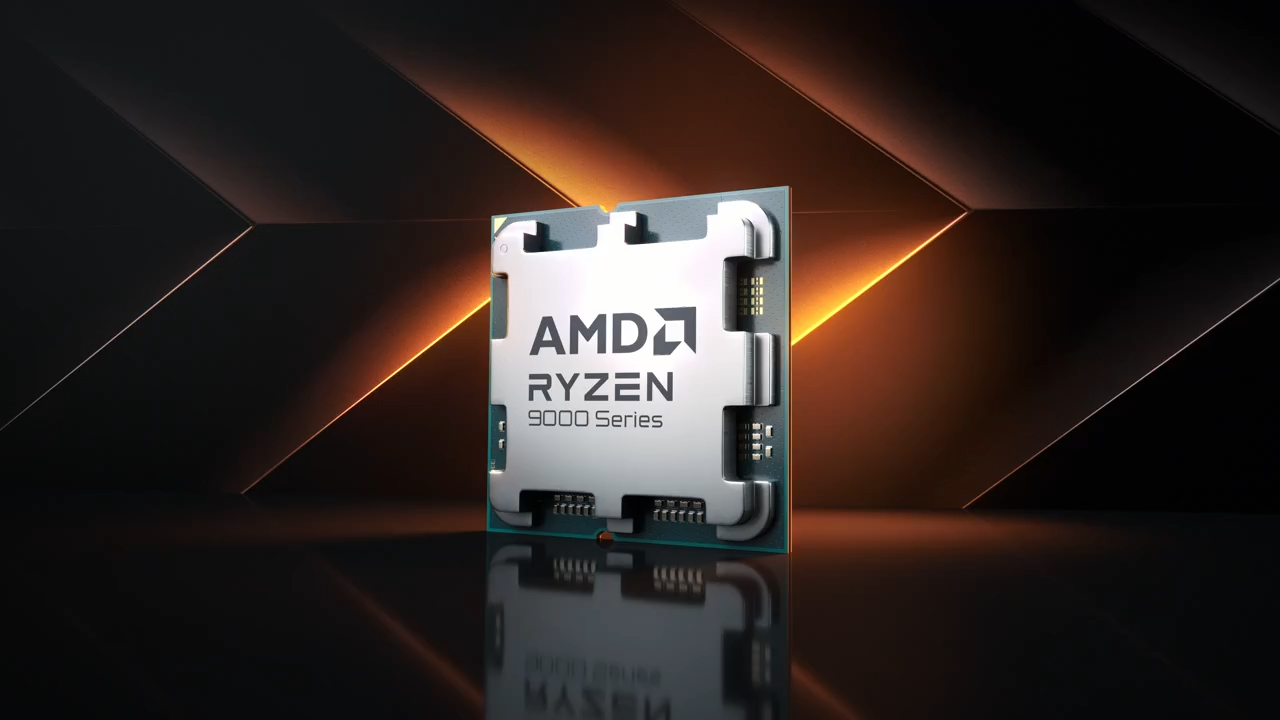So he goes from an ASRock board which killed his CPU to another ASRock board to see if it fixes it.

All it takes is 5 minutes on Google to find out what the problem is, this apparently is a professional and he's completely clueless.
Don't use ASRock boards, a lot of them are junk. Use Gigabyte.
Aside from them almost all of them being ASRock. 82% with 13% being Asus, 4% MSI and 1% Gigabyte. I think MSI and Gigabyte, perhaps also Asus given their marketshare being larger than the other 3 put together are just normal expected failure rates, not for ASRock considering the percentage share they have for this, bare in mind also that its a couple of hundred reports with millions of them sold.
There is plenty of data.
Again stop buying ASRock boards, or ASRock products, Lower end GPU's..... i had a lower end ASRock GPU just a few years ago and it was hilariously crap. It was so bad i gave it away as there was technically nothing wrong with it so couldn't RAM it but also so bad i couldn't bring myself to sell it to anyone for money get some money back on it.
Just get Gigabyte, seriously i've had my 5800X sitting in a B550 Aorus Eliete AX V2 for 5 years and its never put a foot wrong, i'm expecting at least another 5 years out of it with how perfectly it still works, it was also inexpensive at £160. Gigabyte have also never been involved with any of this burning up of Ryzen CPU's crap, Asus have.
Just do a little research to find good reliable products and then learn how to take good care of them, its actually easy, i have been running PC's for 30 years and have yet to have anything go wrong.





